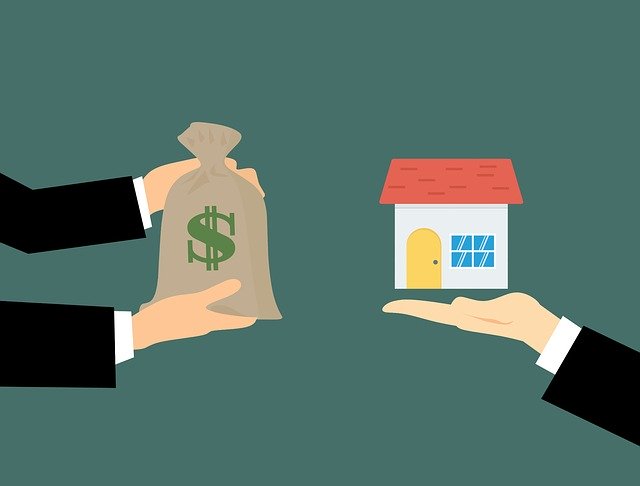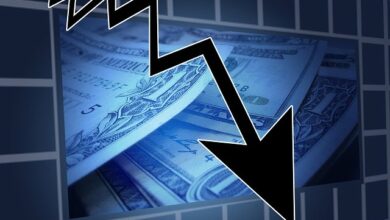A
A
A
From a macroeconomic perspective, if you’ve been saving for a down payment, your credit report is in good shape, you feel secure in your employment, and you know where you and your family want to live, now is a good time to buy a house. That said, the devil is always in the details, and there are some smaller factors that could tip the scales in one direction or the other.
Mortgage rates are directly tied to the bond market, and bond traders keep a very close eye on inflation since it determines the demand for bonds, and as a result, what their investments will yield. When inflation is low, the demand for bonds increases and interest rates remain low. Because the economy has been and is expected to continue to be in low-inflation mode, investors can still make money taking the relatively lower yields bonds provide. This translates into lower interest rates for all borrowers and is of special interest to those considering taking out a very large loan like a mortgage.
Read More »
Most respected economic pundits predict that mortgage rates will hover in the 3-4% range in 2020, and the Federal Reserve has said that it is in a holding pattern on interest rate increases as long as inflation remains in check. As a result, it should be a good year for the housing market.
To put that into perspective, an average fixed rate mortgage of 3.6% in 2020 would be the lowest annual average recorded by Freddie Mac since 1973. That number compares to 3.9% in 2019 and 4.5% in 2018, according to “Freddie’s” sister agency Fannie Mae. The lowest average annual rate in recent times was the 3.65% recorded in 2016.
The Federal Reserve has embarked on a series of interest rate cuts, and recent nervousness among equity investors has made borrowing more attractive. As for the housing market, nothing spurs activity like low rates. The coronavirus scare has prompted a flight to the safety of bonds, and mortgage rates have followed suit. The situation appears to be favorable for those looking for a new loan as well as those interested in refinancing their existing loan.
The biggest challenge potential home buyers might find is the availability of homes on the market. There is some evidence that this is the case as the number of homes for sale in prices that aren’t exorbitant is down in most markets. This trend is likely to continue if soon-to-be-retiring baby boomers choose to “age in place” and refinance the mortgages on their existing homes rather than downsize or build new homes. This would mean that a large number of existing homes that one might expect would become available will not.
If you are in the market for a new home, you need to be prepared. Lenders will want to see if you have a reliable income source and they’ll need to know how much cash you have for a down payment and closing costs. Of course the most important thing they’ll look at is your credit score to determine your worthiness. Most experts say a FICO of at least 620 is the minimum needed for most banks to consider you for a mortgage loan. If you’re score is 740 or above, you’re golden. If necessary, take steps to improve your FICO report before applying for a mortgage.
You’ll want to start by checking your FICO is accurate. If not, you’ll want to make sure those errors are corrected and a new number is calculated. You will also benefit from having a healthy savings account. Your recent banking activity and the amount and quality of any investments you have will also be put under the microscope. Finally, you’ll find it advantageous to use an online calculator to figure out how much house you can afford and the impact a new mortgage will have on your monthly budget.
Because interest rates will have the most significant impact on your monthly mortgage payment, the overall economic environment is favorable for purchasing new or refinancing an existing mortgage. But if you have your heart set on a new place, you’ll want to spend some time making sure you’re prepared. When it comes to the largest expenditure you’re ever likely to make, the devil is indeed in the details.






